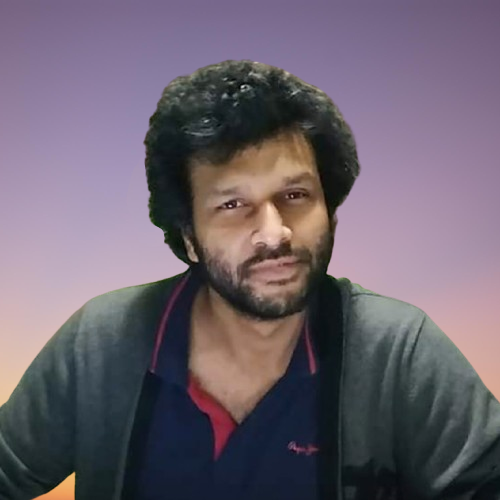Featured 2

Michael Kugelman. Photo: UNB
Full transcript of executive editor Shayan S. Khan's (SSK) email interview with Michael Kugelman (MK), director of the South Asia Institute at the Wilson Center in Washington, in the wake of the US announcing it was taking steps to impose the first batch of visa restrictions on Bangladeshi law enforcement officials, and members of the ruling party and political opposition:
SSK: First of all, what do you make of the timing? There was an impression earlier that these restrictions would most likely be imposed after the election, as they were in the case of Nicaragua and Zimbabwe. What do you think Washington is trying to signal by coming out 3 months prior and announcing the first restrictions? Is it dissatisfaction with how the overall preparations are going?
MK: I think the US wanted to act proactively, to send a tough message. In effect: This is important to us, we mean business, we want that free and fair election, and here's what we'll do in the weeks leading up to it when we see someone trying to imperil that outcome. Keep in mind that the Biden administration genuinely wants a close relationship with Dhaka, and so it doesn't want to be in the tough position of having to decide whether to review the future of the relationship if the election is deemed to be unfree and unfair. For Washington, the goal is to give the full Bangladesh state-the political class, law enforcement, media, business leaders, and so on-the strongest possible incentive to ensure a free and fair election, so that the US doesn't have to make that difficult decision.
SSK: Although US law doesn't allow it, to the extent that we're allowed to speculate, do you think there are some really big fish that would have come under the restrictions? Without them it may be futile don't you think?
MK: I don't know the identities of the people targeted, though indeed a stronger message would be sent if some big fish were among them.
SSK: Visa restrictions are not the same of course, as Magnitsky sanctions. Do you think these individuals, whoever they are, should now worry that they might be brought under Magnitsky, say if they turn out to be repeat offenders in the days ahead?
MK: I think this depends on who the people are that were targeted. If some of those targeted are business leaders and others that depend on transactions with the US, then one can't rule out Magnitsky. That said, as I understand them, these visa restriction policies are specific in scope and don't stipulate-at least not publicly-that they could expand into wider restrictions that would encompass Magnitsky.
SSK: A US delegation is due next month to assess the situation on the ground for an observer mission during the election. The EU has already said it won't send observers after its own team came and assessed the conditions. How much of a blow do you think it would be if the US also says no? Do you see a 'No' as a rejection of the process?
MK: A decision not to send observers can be spun differently depending on where you sit politically. Certainly, for the opposition and other government critics, not sending observers can be pointed to as an indication of the international community having lost faith in the idea of a free and fair election and not wanting to be part of an electoral process that it feels is destined to fail. But the government could spin it as a success, that the international community must be sufficiently confident about the election being free and fair if it has no need to have observers in place.
SSK: Finally, do you see the possibility of wider sanctions on say trade or other things, depending on the quality of the election?
MK: I do think the administration will review the future of the relationship if the election is deemed to be rigged. This could result in a decision to downgrade some aspects of the relationship, and possibly new sanctions. But the administration will need to be careful. It truly values its partnership with Bangladesh, which has grown in recent years, especially on the trade side. And against the backdrop of rapidly intensifying great power competition, Bangladesh, as a non-aligned state sitting astride the Indian Ocean, has great strategic importance for Washington. There are also influential actors, like the US-Bangladesh Business Council, which would likely push back against trade sanctions and any plan to rein in commercial relations. So the US would need to be cautious in its approach.

























Leave a Comment
Recent Posts
The forensic clean up of the f ...
Much of the coverage centring the surge in Non Performing Loans (NPLs) ...
Hong Kong’s deadliest fire in ...
Hong Kong’s deadliest fire in decades left at least 44 people de ...
False document submission hurts genuine students’ ch ..
The Missing Ingredients for Peace in Palestine
Songs of Hyacinth Boats & Hands: Reading Conversatio ..
Executive Editor Julie Pace on why AP is standing fo ..